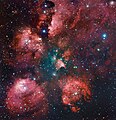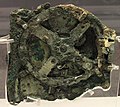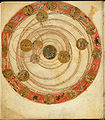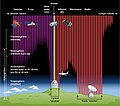Portal:Astronomy
|
The Astronomy Portal
Introduction
Astronomy is one of the oldest natural sciences. The early civilizations in Greeks, Indians, Chinese, Maya, and many ancient indigenous peoples of the Americas. In the past, astronomy included disciplines as diverse as astrometry, celestial navigation, observational astronomy, and the making of calendars .
Professional astronomy is split into observational and theoretical branches. Observational astronomy is focused on acquiring data from observations of astronomical objects. This data is then analyzed using basic principles of physics. Theoretical astronomy is oriented toward the development of computer or analytical models to describe astronomical objects and phenomena. These two fields complement each other. Theoretical astronomy seeks to explain observational results and observations are used to confirm theoretical results. Astronomy is one of the few sciences in which amateurs play an transient events. Amateur astronomers have helped with many important discoveries, such as finding new comets. (Full article... )
General images -The following are images from various astronomy-related articles on Wikipedia.
This is a
Featured article , which represents some of the best content on English Wikipedia.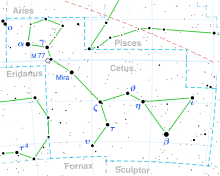
Did you know -
More Did you know (auto generated)
WikiProjects
Selected image -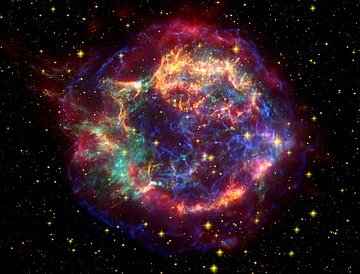 Cassiopeia A (Cas A) is a supernova remnant in the constellation Cassiopeia and the brightest extrasolar radio source in the sky at frequencies above 1 GHz. The supernova occurred approximately 11,000 light-years (3.4 kpc) away in the Milky Way. Astronomy News
June anniversaries
Astronomical eventsAll times UT unless otherwise specified.
TopicsSubcategoriesSelect [►] to view subcategories
Things you can do
WikibooksThese books may be in various stages of development. See also the related Science and Mathematics bookshelves.
WikijuniorAssociated WikimediaThe following Wikimedia Foundation sister projects provide more on this subject:
|




